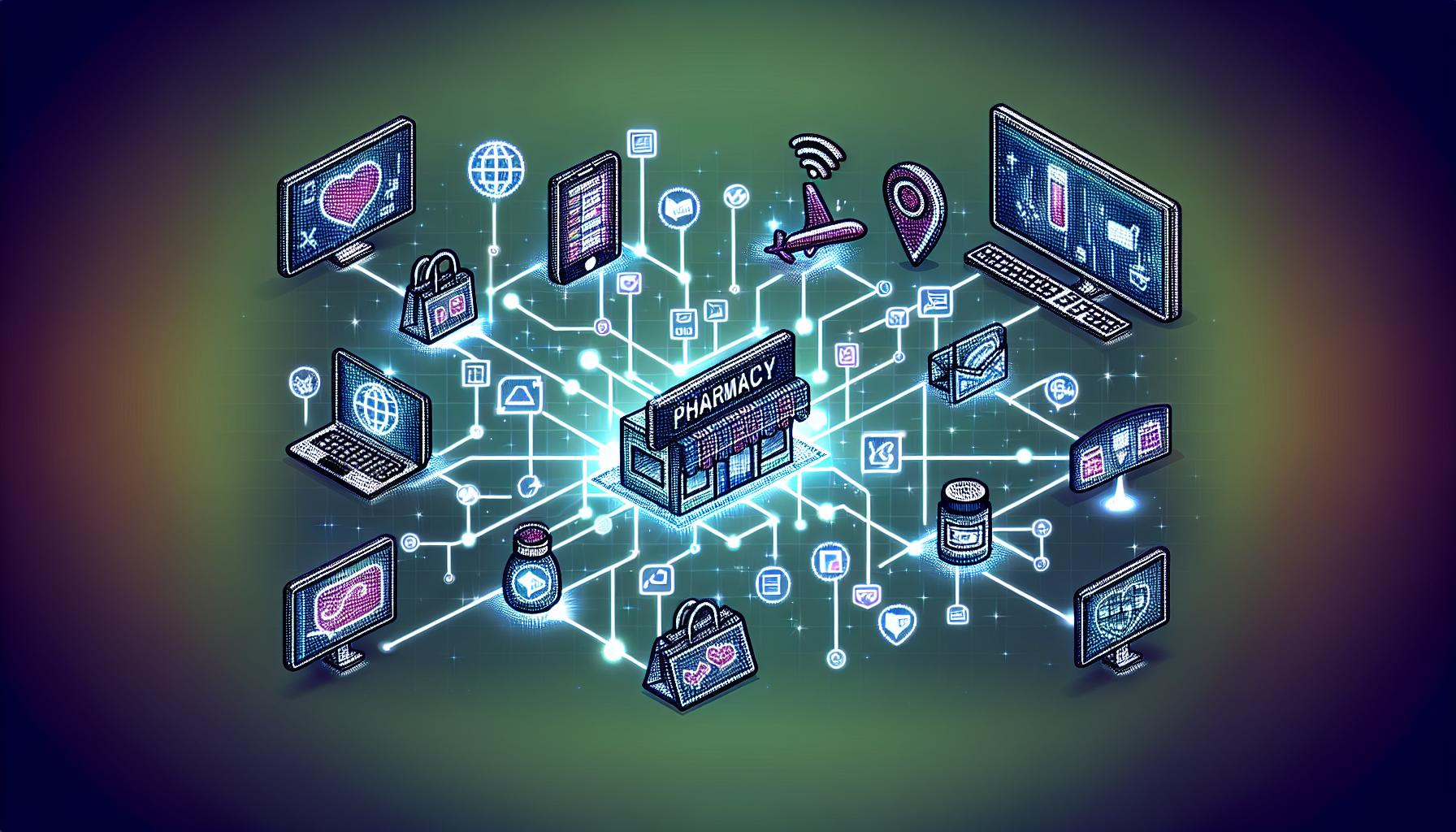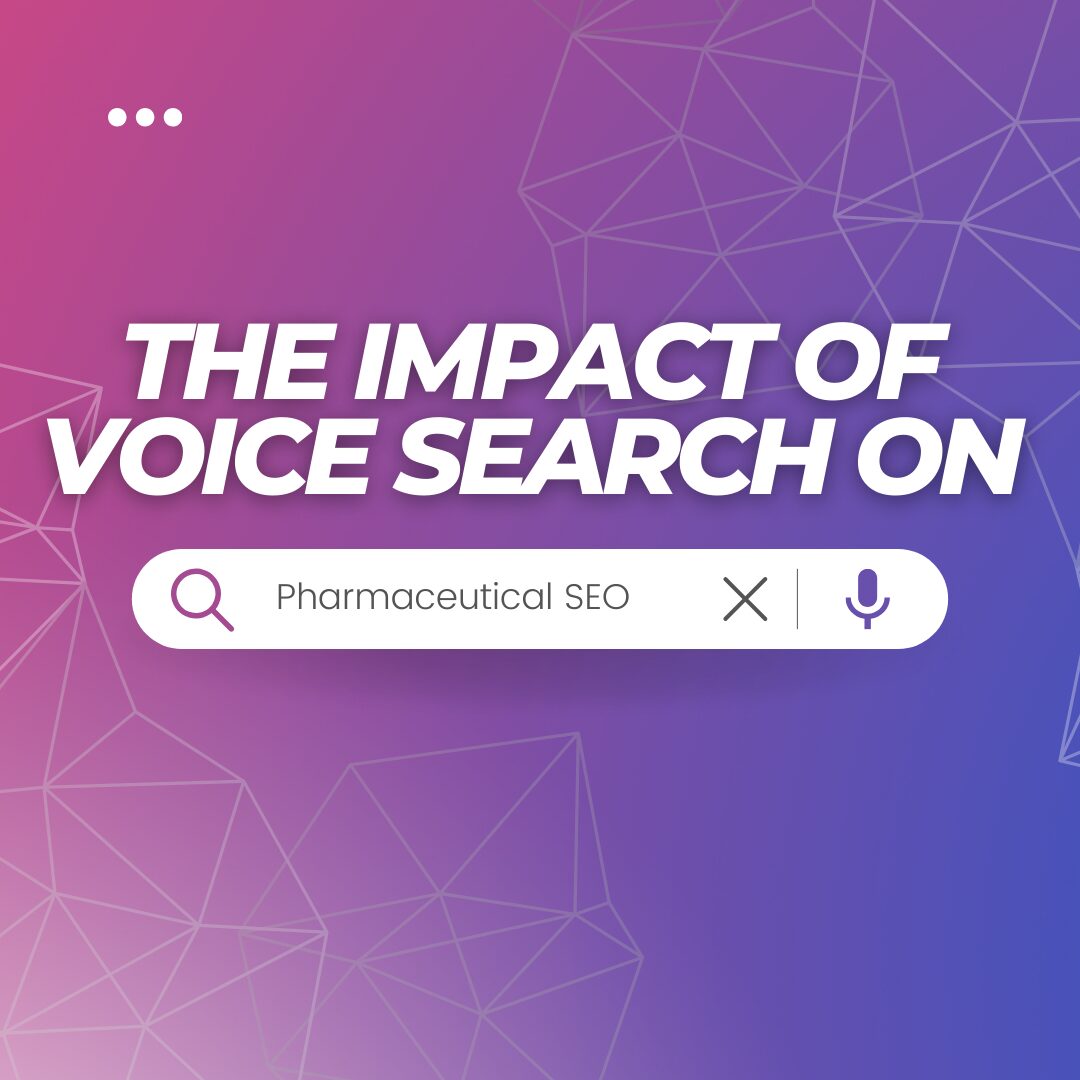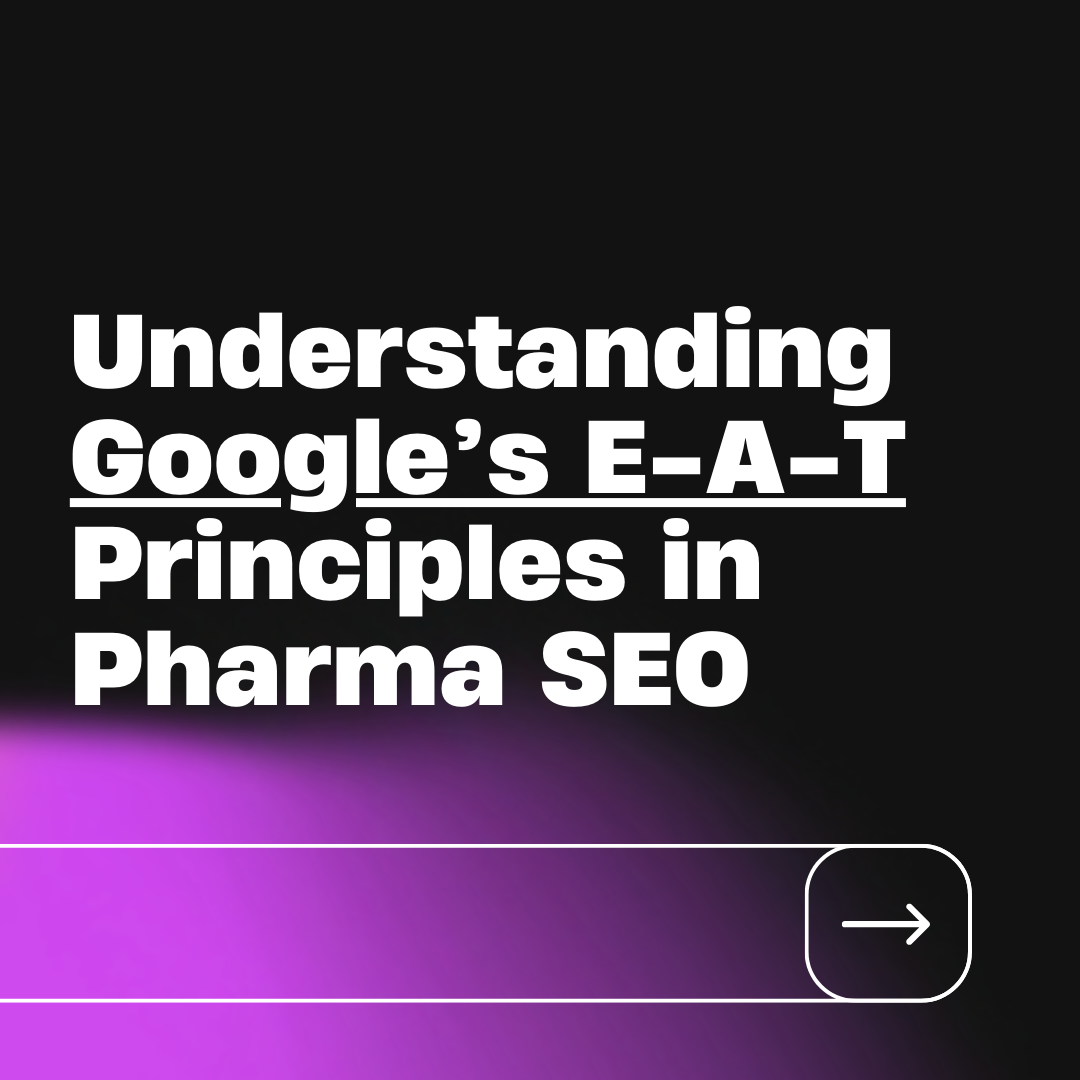Why is omnichannel marketing in pharma critical for today’s healthcare ecosystems? This article delivers clear answers, demystifying how an omnichannel approach bridges the gap between patients and healthcare providers through integrated, data-driven interactions. Expect to uncover the advantages and practical steps toward implementing this marketing strategy, enhancing patient engagement and driving industry innovation without the fluff.
Key Takeaways
- Omnichannel marketing in pharma focuses on creating integrated and personalized customer experiences, leveraging data insights, and involving both digital and traditional channels to meet the evolving expectations of healthcare professionals and patients.
- Challenges in pharma omnichannel marketing, such as regulatory compliance and technology integration, can be addressed through diligent adherence to regulations, transparent data handling, and partnering with expertise for technology implementation.
- The effectiveness of omnichannel marketing is assessed through key performance indicators (KPIs) and requires continuous improvement based on data insights to adapt to changing customer needs and industry trends for long-term success.
The Importance of Omnichannel Marketing in Pharma

The pharmaceutical industry, like other businesses, must keep up with ever-evolving consumer demands. To do this, it has adopted the concept of omnichannel marketing, which is meant to be a unified and integrated experience across all levels of customer engagement, unlike multichannel marketing that usually leads to fragmented interactions. This approach emphasizes convenience from the perspective of customers and thus plays an integral role in how pharma companies go about their strategies for promotion as digital technology facilitates data gathering and analysis easier than before.
In order to effectively leverage this path, they have made the customer journey central since using it allows healthcare professionals access content pertinent relevant information easily. Allowing them personalised experiences during their travels through different channels resulting in better satisfaction overall.
Shift in Healthcare Landscape
Due to the digital revolution, pharma marketing strategies have been completely reinvented. With heightened utilization of various digital channels, companies in healthcare are beginning to prioritize a more focused approach toward personalized information sharing through integrated marketing solutions incorporating AI and machine learning. Changes such as increased patient engagement and decision-making capability necessitate advanced analytics that enable better understanding of customer needs in order for these organizations’ outreach efforts to align with their values.
Patient-Centricity and Personalization
The pharmaceutical industry has a complex customer base that includes both end users and healthcare professionals. With the personalized approach of pharma marketing, companies are able to provide tailored experiences based on data and analytics for each patient’s unique needs – from channel preferences to contact frequency.
To Facilitate this patient-centric experience is through omnichannel marketing, which provides consistent communication across various channels with personalization in mind. Unlike multi-channel strategies, it focuses more heavily on individual desires and goals when creating effective customer journeys. By taking into account customers’ wants as well as their wellbeing throughout these interactions demonstrates how deeply dedicated organizations within this sector truly are in making lasting impacts upon them individually.
Key Components of a Successful Omnichannel Pharma Marketing Strategy

A successful omnichannel marketing approach in the pharmaceutical sector is akin to a carefully conducted symphony, where all components are important for creating an impactful and harmonious performance. Essentially, such a robust strategy merges insights that come from data-driven approaches with both online and offline communication channels alongside consistent branding messaging to maximize its effectiveness. It requires these pieces coming together – but why? What makes them critical parts of any strong omnichannel campaign?
Data-based understanding helps make effective decisions when targeting audiences with useful content at timely moments. Integrating digital or physical pathways enables efficient collection and sharing of information needed between platforms while mapping out touchpoints along customers’ journeys also becomes possible this way. Last but not least. Having cohesively delivered core brand messages across every channel allows assurance for recognition plus trust among potential consumers too!
Data-Driven Insights
Omnichannel pharma marketing is a key aspect of successful pharmaceutical companies’ strategies in the era of big data, utilizing customer-centric insights to create more tailored campaigns. Combining all channels from clinical and market perspectives gives businesses valuable information that can be used for their omnichannel strategy – such as KPIs, metrics, segmentation analysis etc., which allows them to better understand what works best with each target audience’s journey. By taking this approach, they are able to craft impactful actions while optimizing marketing methods like never before.
Integration of Online and Offline Channels

Omnichannel marketing is akin to putting together a complex tapestry, where every thread adds something unique to the overall design. When it comes to pharma companies, each ‘thread’ represents an individual channel that creates its own customer journey. Integrating different channels and providing personalized experiences can help create a consistent experience for customers regardless of how they interact with their brand – via mobile app or website, or face-to-face. In order maximize efficacy in executing traditional strategies such as these across multiple touchpoints within the customer lifecycle framework, pharmaceutical companies should gather all available data from all points along the path, aim for relevance when crafting journeys, and link disparate channels seamlessly so everything runs smoothly and fluidly. Plan digital engagement ideas around given targets ahead of time which will build trusting relationships leading up to better outcomes upon integrating online/offline efforts into one strategic effort. All this would be essential if pharmas wanted smooth connectivity between their marketing endeavors thus creating seamless customer experiences coupled with improved results due to intricate focus on targeting audiences accordingly with relevant campaigns pulled off perfectly.
Consistent Brand Messaging
For a successful omnichannel marketing strategy, it is essential for pharmaceutical companies to maintain uniformity in their brand messaging. This helps them build customer trust by offering consistent content that can be enjoyed at the ‘right format’ and ‘time’. Some of the ways pharma businesses achieve this are: prioritizing platform-specific delivery. Reinforcing both brand-centric and user focused experiences equally. Emphasizing on healthcare professionals so as to bring visibility regarding promotion activities. All these initiatives create cohesive communication methods which leads customers to have familiarised feeling with company’s recognition and reliability while being used across different platforms such as channels etc., thus supporting an effective omni channel marketing effort from Pharma sector organisation(s).
Challenges and Solutions in Implementing Omnichannel Marketing in Pharma
For pharma companies, implementing an omnichannel marketing strategy has great rewards. It comes with its own set of difficulties like regulatory compliance and technology integration. Pharma businesses must take on the challenge of managing a complex system if they want to be successful in their omnichannel marketing approach. Fortunately, when done right, these obstacles can be overcome through proper strategies such as conforming to rules and regulations while keeping data usage clear cut or teaming up with professionals who are equipped for technological integrations that allow tracking across multiple channels accurately. Ultimately, this makes full implementation of the advantages possible from an effective utilized omni-channel promotional plan within the pharmaceutical sector.
Regulatory Compliance

The pharmaceutical sector is highly regulated, making compliance with regulations a difficult challenge for omnichannel marketing. This can result in complexities given the varying regional requirements that must be taken into account when creating strategies. Despite this difficulty, despite this difficulty. There are ways by which pharma firms may effectively comply and efficiently implement their campaigns.
This includes adhering to all laws applicable to such endeavours along with taking precautions concerning data security concerns as well as being aware of any integration or consistency issues across channels used in their advertising efforts. Ultimately, good data management would need to be employed also if successful outcomes were sought after. Consequently, it is important for these corporations aiming at success via an omnichannel strategy not only understand regulatory challenges but address them so they do not run afoul of authorities while still running effective promotion operations without risking sanctions related charges against them regarding ethical uses of medicines etc.
Technology Integration
Incorporating technology into omnichannel marketing strategies can pose challenges for pharmaceutical companies due to the complexity of integrating multiple channels, tracking and measuring results, as well as attributing sales and conversions. Despite these difficulties, a properly implemented strategy has significant advantages in terms of customer engagement and loyalty.
By partnering with experienced experts who have global insights on the industry, such firms can more effectively navigate potential obstacles when implementing their campaigns. The right combination of technologies combined with valuable perspectives from professionals makes it easier to realise fully the power that an effective omnichannel system brings, improved patient involvement plus healthcare outcomes.
Omnichannel marketing is composed not only by connecting diverse online/offline outlets, but also needs advanced analytics tools or techniques which help capture data coming from different sources accurately – all this plays a fundamental role for any successful approach taken by pharma businesses towards its customers-centered model of service delivery.
Case Studies: Successful Omnichannel Marketing Campaigns in Pharma
Omnichannel marketing has proven to be a success in the pharmaceutical industry, and several case studies support this notion. Companies A and B used different strategies with impressive results including improved patient engagement, ROI (return on investment), as well as more efficient marketing efforts. It is through these stories that one can garner invaluable insights into how omnichannel pharma tactics have served many companies’ advantages over time.
Analyzing such examples provides those interested in leveraging pharmacological business opportunities understanding of what rewarding benefits may come from implementing an effective strategy when it comes to utilizing multidirectional channels for maximum gain.
Pharmaceutical Company A
Pharmaceutical Company. A implemented an omnichannel strategy that was geared towards targeting a specific demographic, providing HCPs with positive brand experiences and engaging customers across multiple channels. This effective marketing campaign positively impacted the adherence rates of patients to their medication regime, thereby demonstrating its potential in increasing patient compliance levels as well as health-related outcomes. This particular approach allowed for personalizing medical specialists’ journeys while simultaneously promoting increased interaction between clients and company personnel.
Pharmaceutical Company B
One of the life science companies, Pharmaceutical Company B, employed an analytics-oriented omnichannel commercial approach to boost healthcare professional engagement and get maximum results. By amalgamating data-backed strategies in order to obtain market insights as well as competitive evaluation, they managed to keep track of their marketing plan on a real time basis which improved overall customer experience.
The positive effects of Pharmaceutical Company B’s successful utilization of an omni channel campaign are obvious: it enabled them to overcome any regulatory issues that come with such campaigns through having this same model powered by analytics, HCPs were very much engaged due to also all channels being activated for increased interaction, and resources used for advertising purposes were more effective thanks to this specific strategy that was followed.
All these outcomes prove how powerful effectively executing something like an omnichannel system can be.
Measuring the Success of Omnichannel Marketing in Pharma

For pharmaceutical companies to truly capitalize on an omnichannel marketing strategy, they must also measure its success and focus on continuous improvement. Analyzing key performance indicators (KPIs) such as brand awareness, conversion rate and customer retention will provide important data that can help refine the overall marketing plan. Achieving long-term effectiveness depends heavily upon making continual improvements based on things like changes in customers’ preferences or leveraging technology to create a more resilient approach over time. With this kind of ongoing evaluation for each touchpoint combined with creating enhanced user experiences through adapting strategies according to feedback from customers, an effective omnichannel marketing campaign is achievable by any business today.
KPIs for Omnichannel Marketing
Omnichannel pharma marketing is like a compass for pharmaceutical companies, helping them attain success. The assessment of KPIs such as customer engagement and the ROI on omnichannel campaigns assist in determining their effectiveness, allowing firms to modify existing strategies for optimum outcomes. It also ensures that they are using up-to-date techniques which are delivering desired results from all corners of their marketing efforts. As an industry standard approach, this method aids enterprises with calculating conversion rates and making suitable amendments through monitoring Key Performance Indicators (KPIs).
Continuous Improvement
Omnichannel marketing strategies for pharmaceutical companies must be constantly updated to stay current with shifting customer needs and industry trends. As such, continuous improvement of these strategies is essential in order to reap the rewards of higher ROI on marketing investments, increased efficiency and improved customer service experiences. This involves tailoring campaigns according to ever-changing consumer demands while ensuring a holistic journey across all channels. Enhancing user experience along the way. By regularly analysing data insights, they can help ensure their omnichannel initiatives remain targeted towards business objectives while keeping up with present day market dynamics.
Summary
Pharma companies are utilizing omnichannel marketing as a way to interact with their audiences and deliver them an integrated, personalized experience. This shift towards understanding customers’ needs is becoming the main focus in the pharmaceutical industry due to its emphasis on providing consistent customer experiences.
Launching this type of campaign comes along with challenges like abiding by regulations and integrating different technologies that may be difficult for pharma companies at first. But if done correctly, these issues can be addressed so they can benefit from employing this form of marketing strategy efficiently.
Frequently Asked Questions
What is omni channel marketing in pharma?
In pharmaceutical marketing, the goal is to create a connected and smooth experience for customers that centers around building connections with patients as well as healthcare professionals. Omni channel strategies are used to achieve this objective by combining several channels together.
Why pharma marketers are embracing omnichannel marketing?
Pharma marketers are utilizing omnichannel marketing strategies for their benefits as well as those of healthcare providers. This form of communication has been found to be more effective and efficient than multichannel methods, providing notable advantages overall.
What is the difference between multichannel and omnichannel marketing in pharma?
In pharma, multichannel marketing involves the use of separate communication channels and omnichannel strategies strive to create a unified customer experience across all those touchpoints. The two approaches differ in that an omnichannel approach looks at each channel holistically rather than individually.
What does omnichannel mean in healthcare?
Omnichannel healthcare aims to provide a unified system for health professionals to offer comprehensive, engaging interactions with patients across multiple outlets like emailing, messaging apps, talking on the phone and more. In this way, they can increase satisfaction by promoting a better overall experience. All of these channels when combined together make up one cohesive platform designed specifically for patient care.
What sets omnichannel marketing apart from traditional marketing strategies in pharma?
Omnichannel marketing is a customer-centric approach to promote products and services, in contrast to traditional strategies which are more focused on one channel. This type of strategy seeks to provide customers with an easy and seamless experience through personalization across all channels, thus creating an engaging journey that prioritizes their convenience.


